The number of Chinese university graduates is falling, reflecting a waning faith in the value of a postgraduate degree as the job market for young people becomes scarce.
The number of applicants for China’s postgraduate entrance exams has fallen for the second consecutive year, after a long period of steady growth, according to SMCP, a trend that reflects a waning belief in the value of advanced degrees amid a tightening job market for young people.
According to data released by China's Ministry of Education on November 21, only 3.88 million people registered for the postgraduate entrance exam in 2025, down 11.4% from 4.38 million this year and down 18.1% from 4.74 million in 2023.
Is the value of a graduate degree fading?
The national postgraduate entrance exam, commonly known as kaoyan, was once considered a turning point in life, helping millions of students earn prestigious degrees and open up better job opportunities. However, the sluggish economy and lack of confidence from businesses in expanding payrolls have made a postgraduate degree no longer the ticket to guaranteed employment it once was.
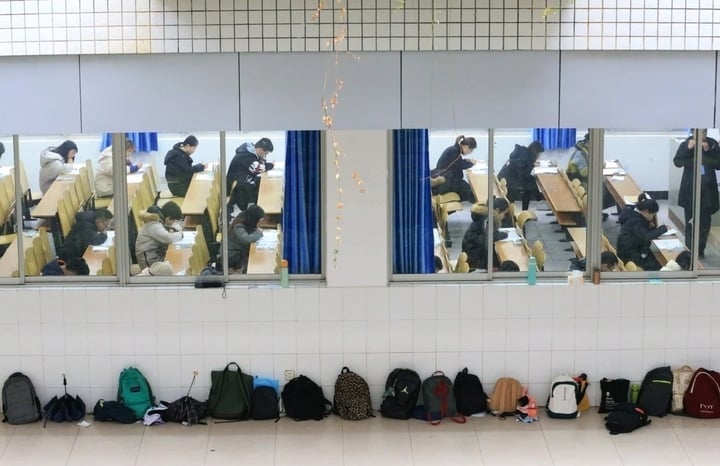
Students take a postgraduate entrance exam in Hunan province, China. (Photo: Xinhua)
"With the current gloomy job market, a master's degree no longer guarantees employment opportunities. Many university graduates are willing to work immediately if they find a job after graduation," said Xiong Bingqi, director of the 21st Century Education Research Institute.
A survey from recruitment platform Zhilian Zhaopin found that as of April, only 44.4% of postgraduate students had received job offers, lower than the 45.4% of those with only a bachelor's degree.
The situation is even more dire for those graduating with master’s and doctoral degrees from mid-level universities. According to a report by the Information Center of the Ministry of Human Resources and Social Security, only 33.2 percent of students in this group received job offers as of April this year, down 17 percentage points from last year.
Fierce competition and rising unemployment
Data shows that unemployment among the 25-29 age group (which includes the majority of recent graduates) rose from 6.5% in July to 6.9% in August, when many students are just leaving school.
Still, Xiong points out, interest in graduate degrees remains relatively high compared to the early 2010s, with many students choosing to pursue higher education to avoid unemployment or delay their entry into the competitive job market.
Every year, China welcomes a large number of university graduates. This year, the number reached a record 11.79 million and is expected to increase to 12.22 million by 2025.
Problems for the future
To ease unemployment pressure, the Chinese government has expanded its graduate school enrollment quota. In 2020, amid the pandemic, enrollment increased by 189,000 students – the largest increase since 2017. However, even with the expanded quota, competition for graduate programs remains fierce.
In 2023, only 1.3 million candidates, including those who were recommended without taking the exam, according to official figures. The kaoyan written exam is usually held in late December, followed by an interview round in March. The final results are announced in late April.
China will continue to expand its postgraduate enrollment quota in the coming years, according to Guo Peng, an official at the Ministry of Education.
"The goal is to achieve a balance and positive correlation between talent development and socio-economic development needs," he stressed.
However, the challenge of reshaping the value of advanced degrees in the modern job market remains a major problem facing both governments and universities.
Source: https://vtcnews.vn/thac-si-tien-si-van-that-nghiep-nhieu-nguoi-khong-con-man-ma-thi-cao-hoc-ar909129.html
















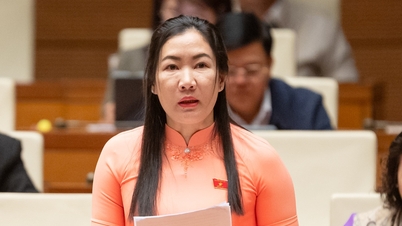





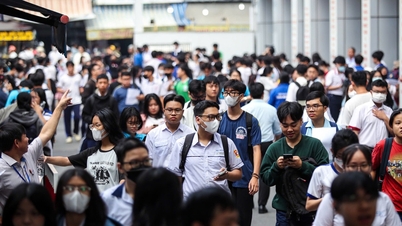


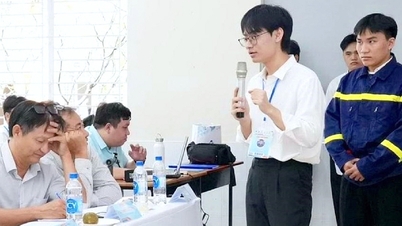


























































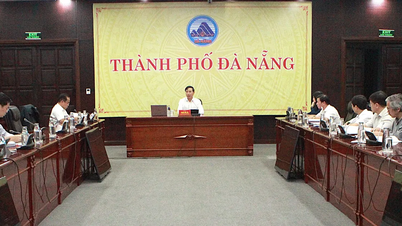


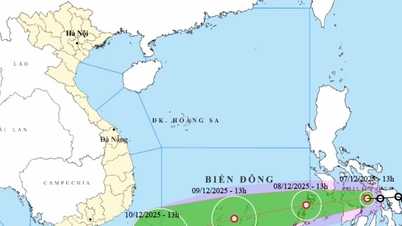
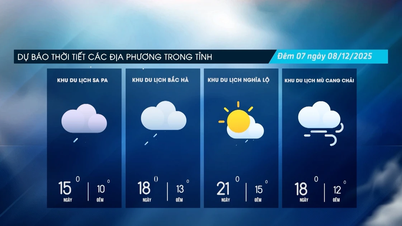




















Comment (0)